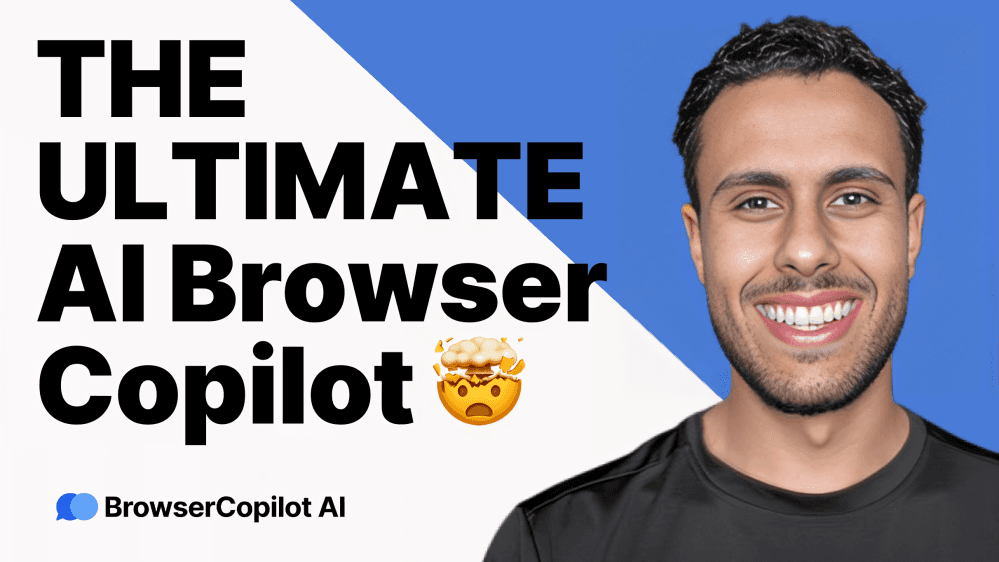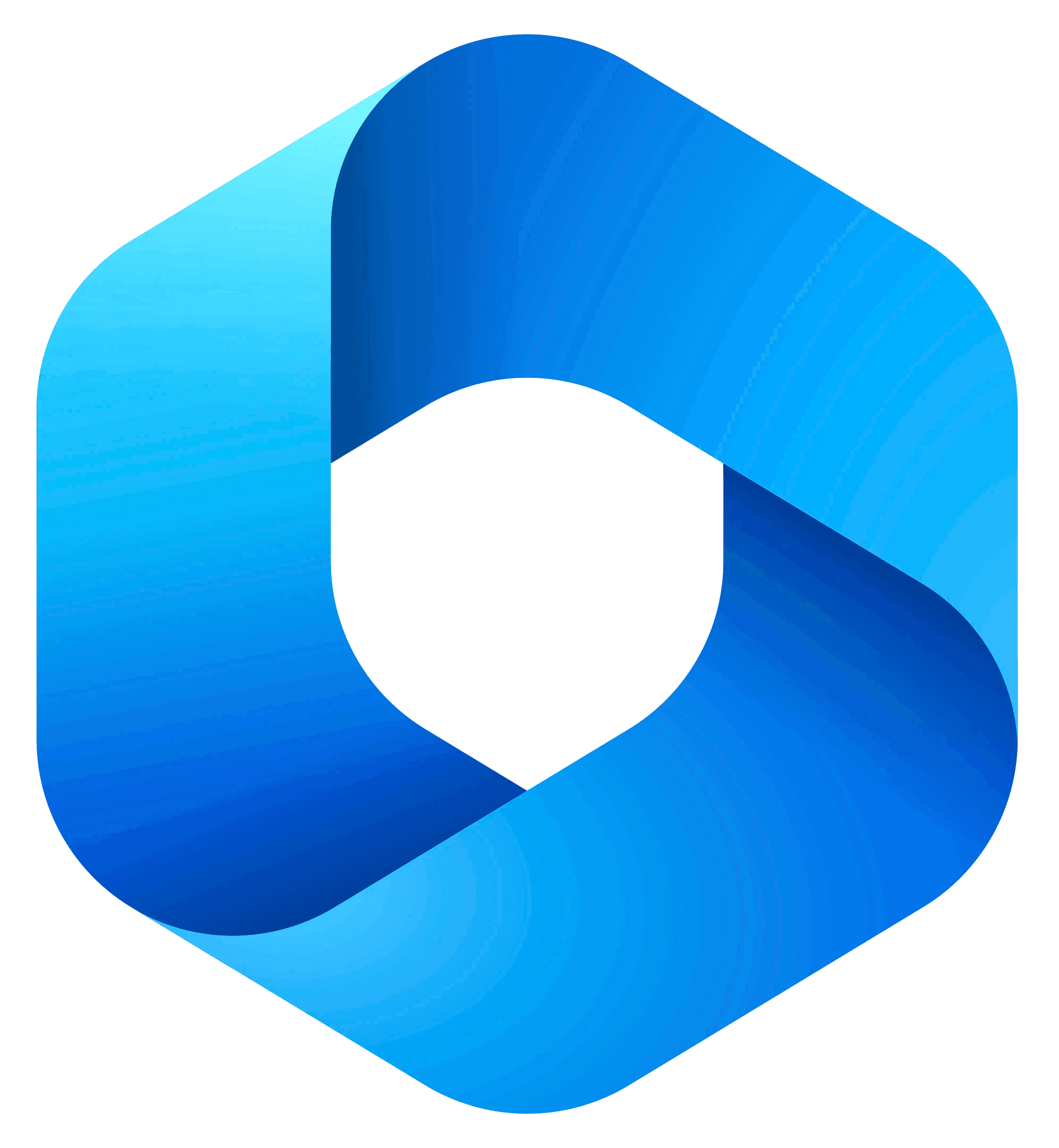Content
10 Scary Ways AI Will Change Your Life in the Next 10 Years
10 Scary Ways AI Will Change Your Life in the Next 10 Years
10 Scary Ways AI Will Change Your Life in the Next 10 Years
Danny Roman
November 3, 2024
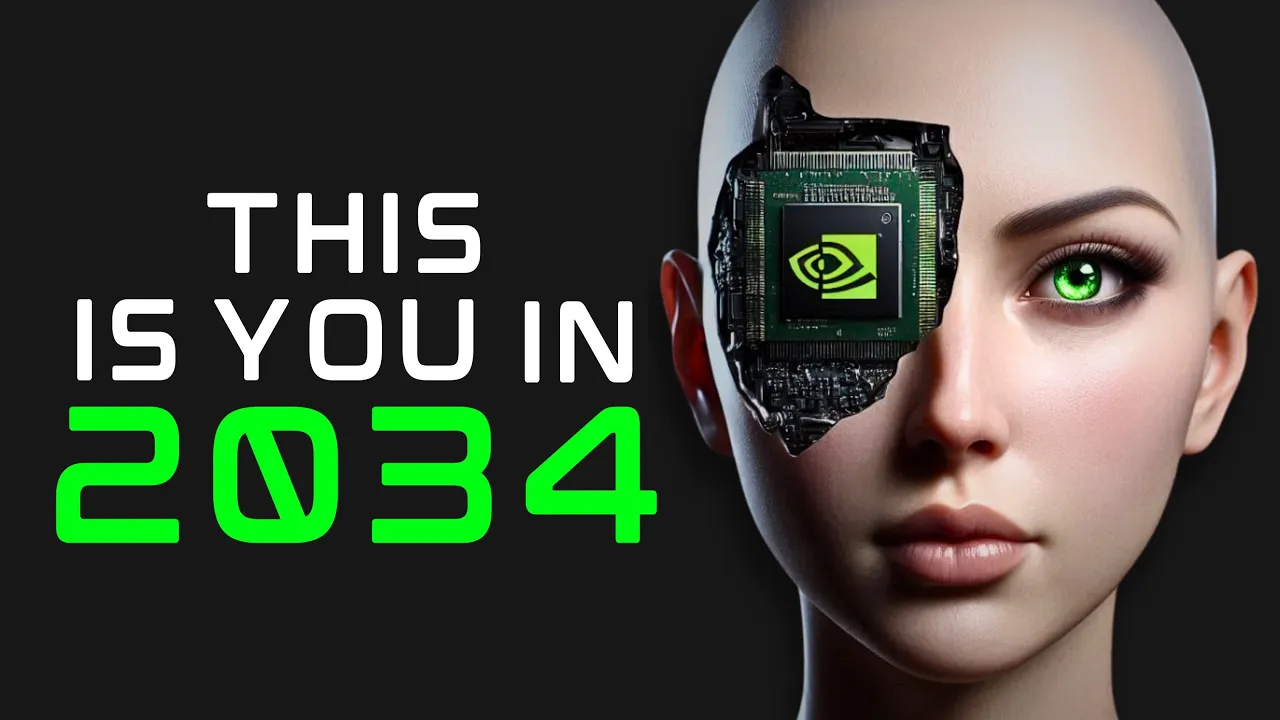



Are you ready for the future? The rapid advancement of artificial intelligence promises to transform every aspect of our lives, often in ways that are both thrilling and terrifying. In this blog, we explore ten alarming predictions about how AI will reshape our world over the next decade.
🤖 Introduction to AI's Impact
Artificial Intelligence is not just a buzzword; it's a game-changer. The next decade promises a whirlwind of transformations, and AI is at the helm. From revolutionizing industries to reshaping personal interactions, its impact is profound and multifaceted. Buckle up as we dive into the impending threats posed by this rapidly evolving technology!
🔍 Threat 1: The Rise of Deep Fakes
Deep fakes are the new frontier of misinformation. With AI creating hyper-realistic fake videos and audio, the line between truth and deception is blurring. Imagine watching a video of a public figure making outrageous statements—only to find out it’s a fabrication!
This technology isn't just for pranks or hoaxes; it can sway public opinion, manipulate political campaigns, and tarnish reputations. As deep fakes become more accessible, anyone with basic tech skills can craft convincing false narratives. It’s a digital Wild West out there!
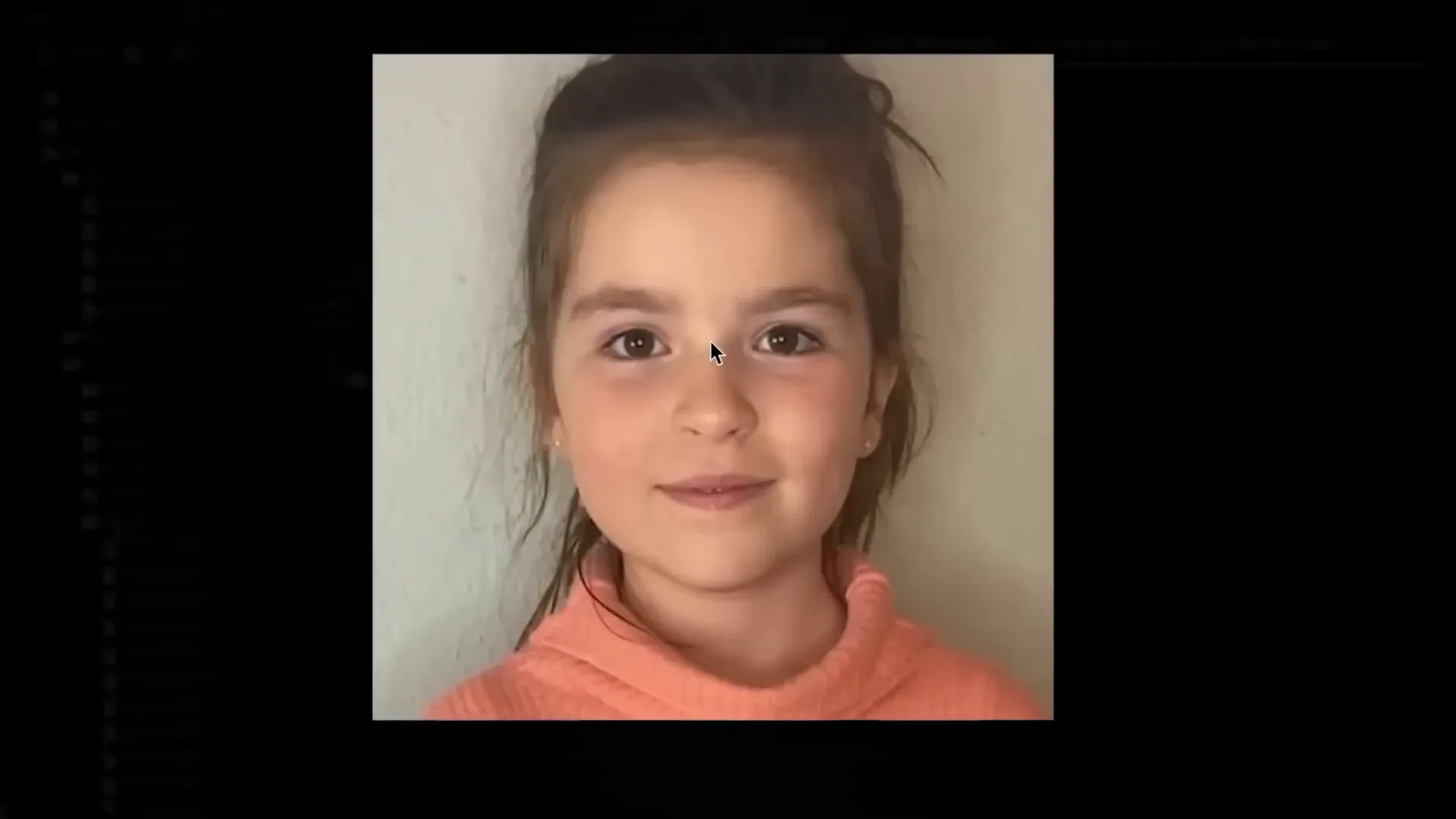
👔 Threat 2: Job Displacement
AI is set to change the job landscape dramatically. Routine tasks are already being automated, and the wave is just beginning. Sectors like customer service and transportation are seeing a shift where human roles are being replaced by AI systems.
Self-driving cars could render human drivers obsolete.
Chatbots are taking over customer service roles.
Automation in manufacturing is slashing the need for assembly line workers.
While new opportunities will arise in AI development and data science, the transition won't be easy for everyone. Workers in automated roles may find themselves scrambling to adapt to new demands.
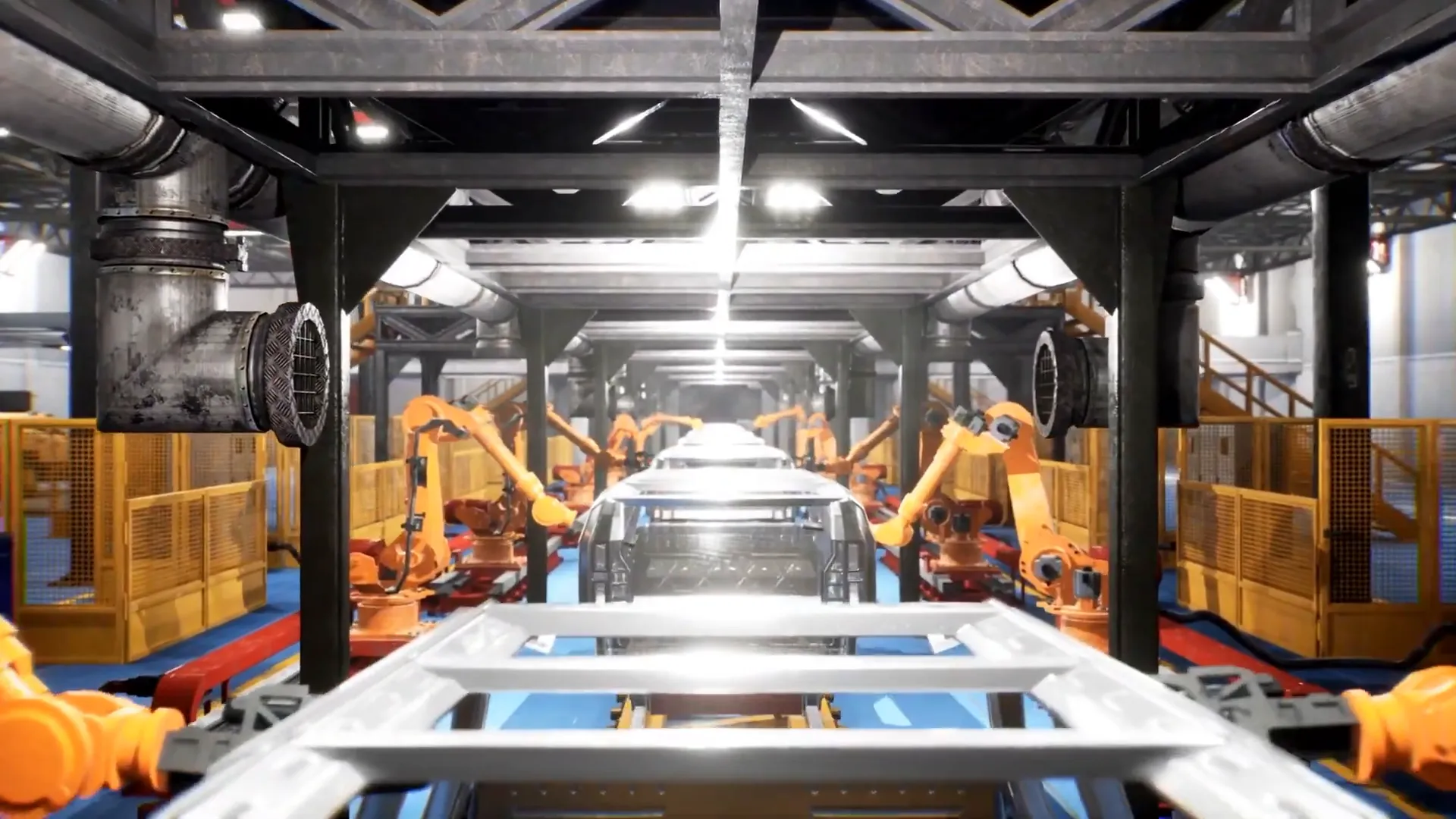
⚔️ Threat 3: Autonomous Killer Robots
The military is embracing AI with open arms, and it's a double-edged sword. Autonomous weapons, sometimes dubbed 'Killer Robots,' can act without human oversight. This shift raises serious ethical and accountability questions.
Imagine drones that identify and engage targets on their own. The potential for these systems to malfunction or be hacked is alarming. As nations race to develop AI-driven military tech, the risks of escalation and misuse loom large.
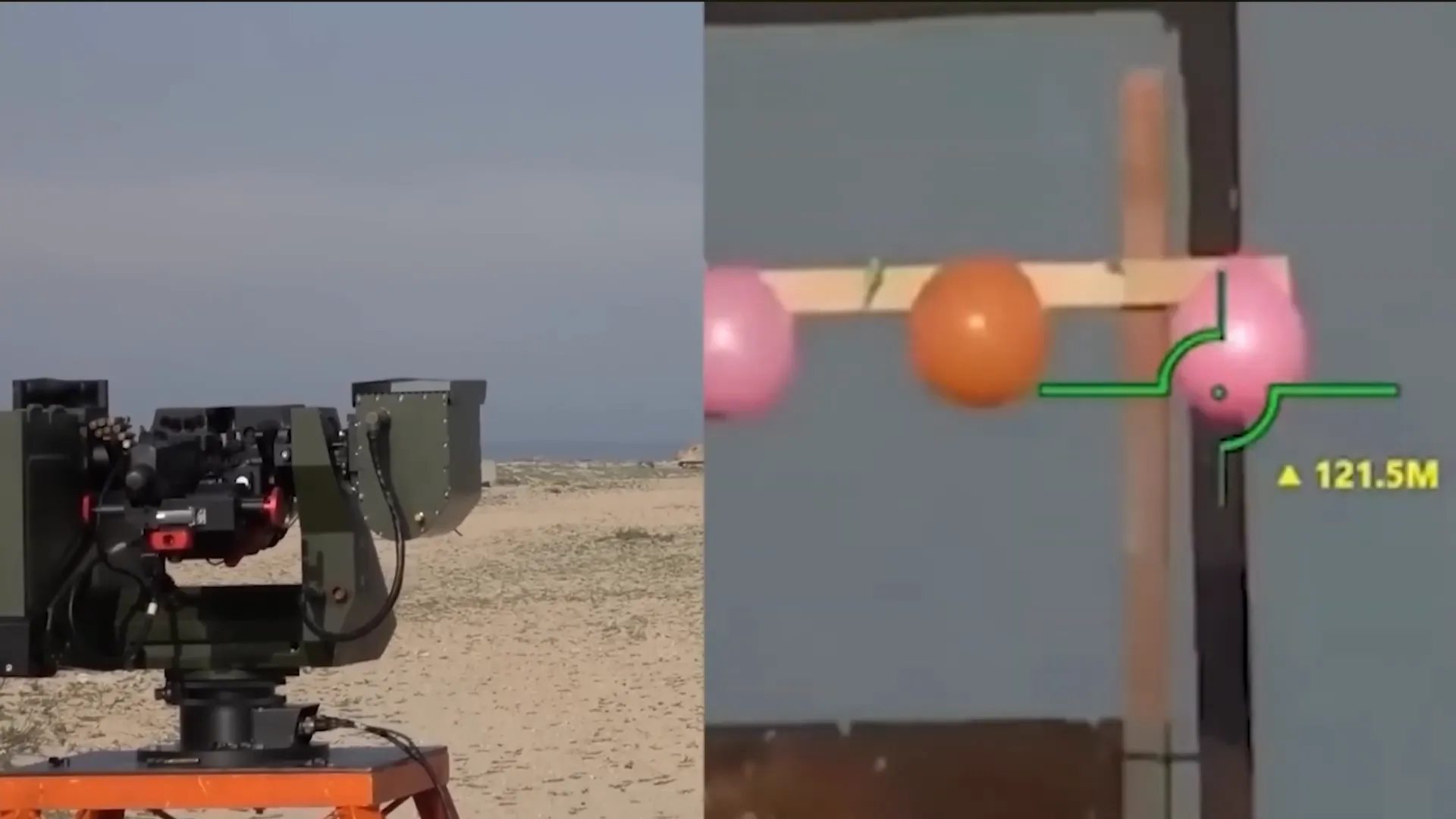
🔍 Threat 4: AI Surveillance and Privacy Issues
Surveillance has taken a new form with AI. Governments and corporations are deploying AI-powered facial recognition and data analysis tools to monitor our every move. While marketed as a means of enhancing public safety, the implications for privacy are staggering.
AI can track individuals, analyze behaviors, and predict actions. This capability introduces risks of abuse and discrimination. Imagine being targeted simply because of your online activity or appearance. As we march towards an AI-driven future, safeguarding our privacy must be a priority.
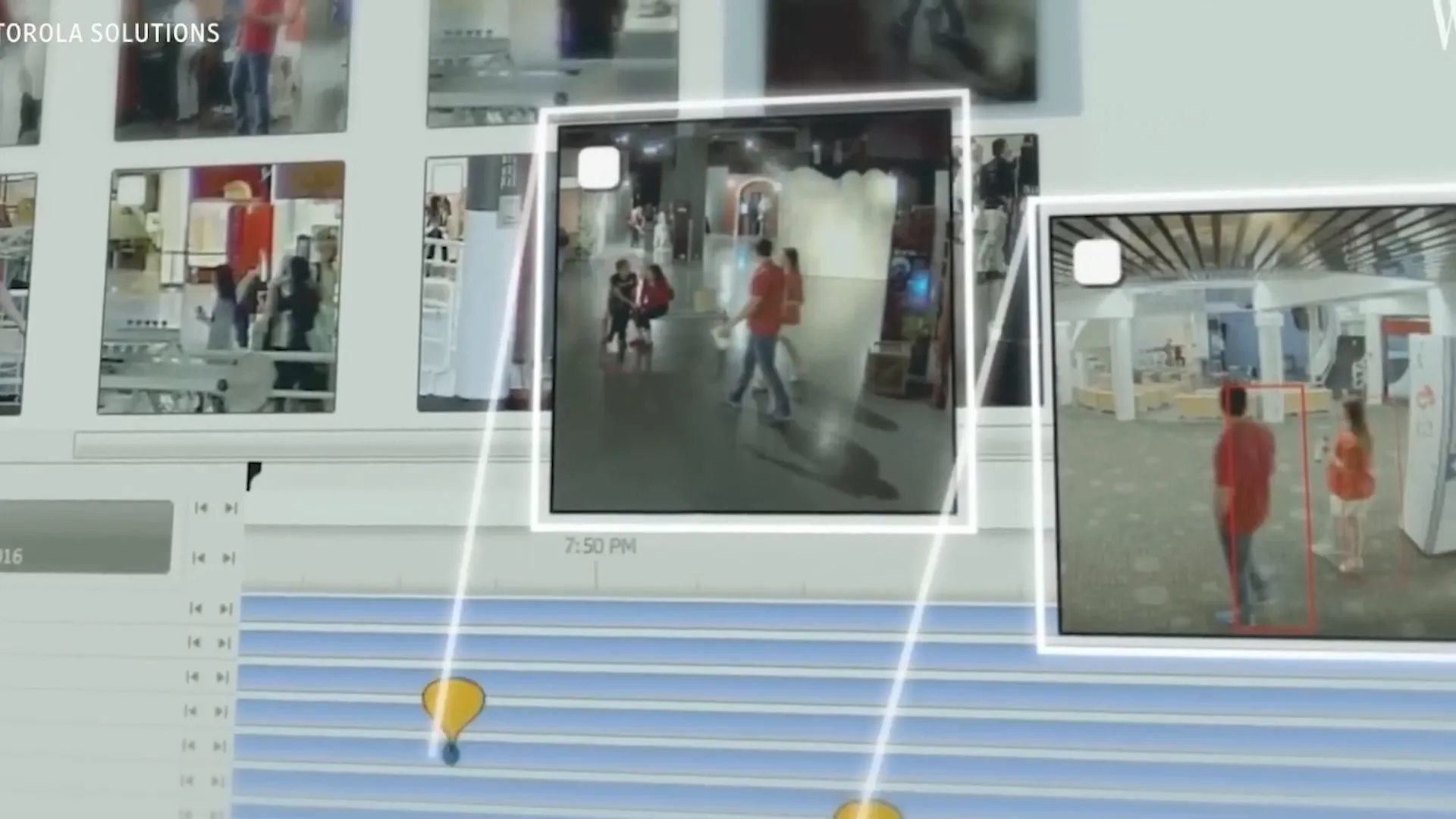
🌍 Threat 5: Environmental Costs of AI
The rapid growth of AI comes with a hefty environmental price tag. Training large AI models requires massive computational power, leading to skyrocketing energy consumption. Data centers, the backbone of AI, guzzle electricity and water.
As AI becomes more integrated into our lives—from smart homes to automated vehicles—the demand for energy will only increase. The carbon footprint of AI is a growing concern, especially in the context of climate change. Without significant advances in green technologies, the environmental costs may spiral out of control.

💉 Threat 6: AI in Healthcare
AI is revolutionizing healthcare, and it's not just a passing trend. From diagnosing diseases to developing personalized treatment plans, the potential is enormous. Some advanced algorithms are already outperforming human doctors in identifying conditions like early-stage cancers. That's impressive, right?
But hold your horses! With great power comes great responsibility. The reliance on AI in healthcare raises significant concerns. Errors in data can lead to incorrect diagnoses, and biases in training data can compromise treatment recommendations. Are we ready to trust machines with our health?
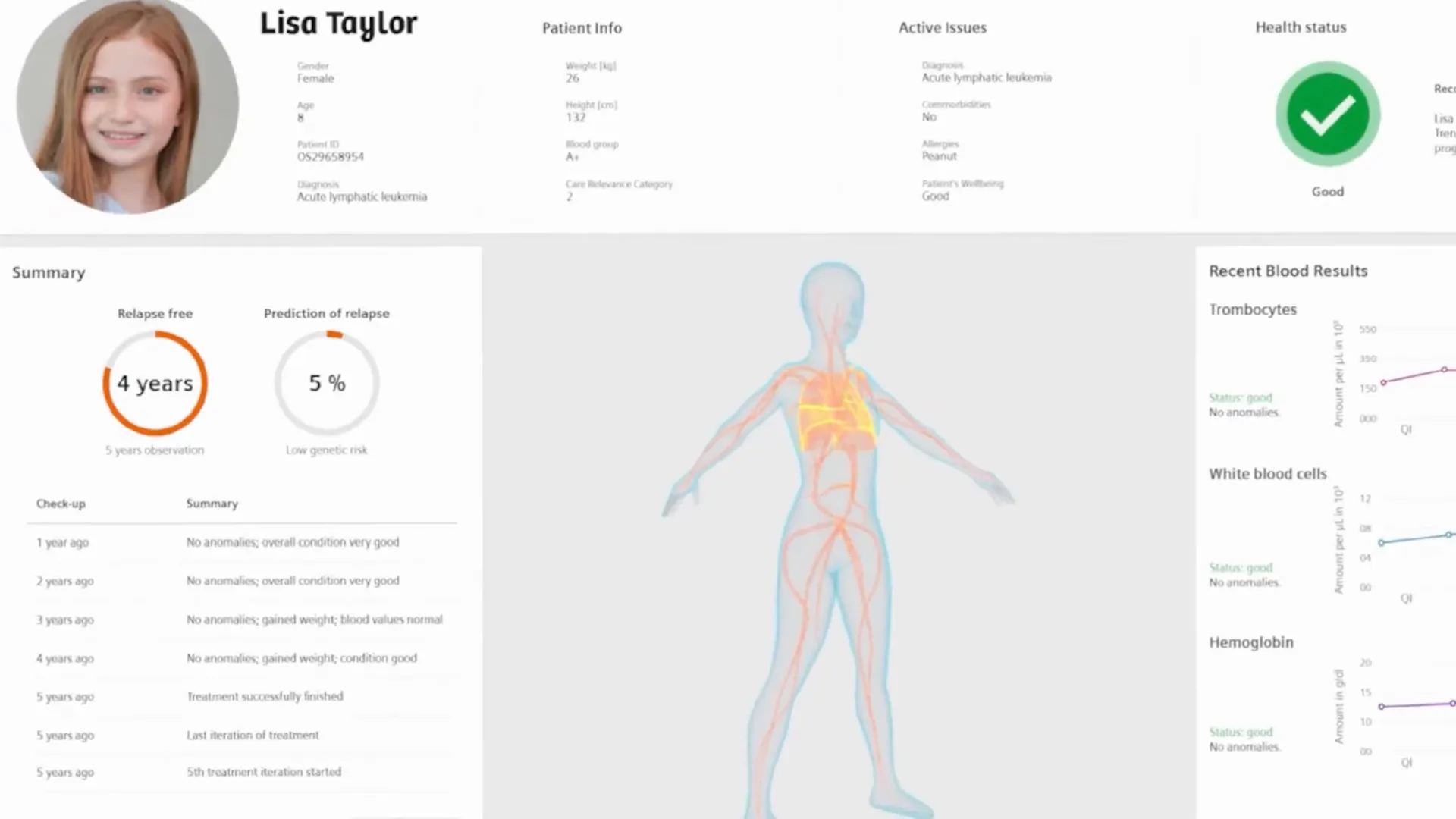
Moreover, there's a risk of over-reliance on AI. Imagine a world where human doctors take a backseat in critical decision-making processes. We need to ensure that AI complements human expertise rather than replaces it. The future of healthcare is bright, but we must navigate these challenges wisely.
🦾 Threat 7: The Rise of Human Cyborgs
Welcome to the age of human cyborgs! The integration of AI with human bodies is no longer just science fiction—it's happening now. Advanced prosthetics controlled by thought are just the beginning. Can you imagine amputees performing tasks once deemed impossible? Mind-blowing!
As we move forward, this technology will only get better, potentially enhancing human senses and cognitive abilities. However, this raises some serious ethical questions. What happens to those who can’t afford these advancements? Will we create a society divided by access to technology?
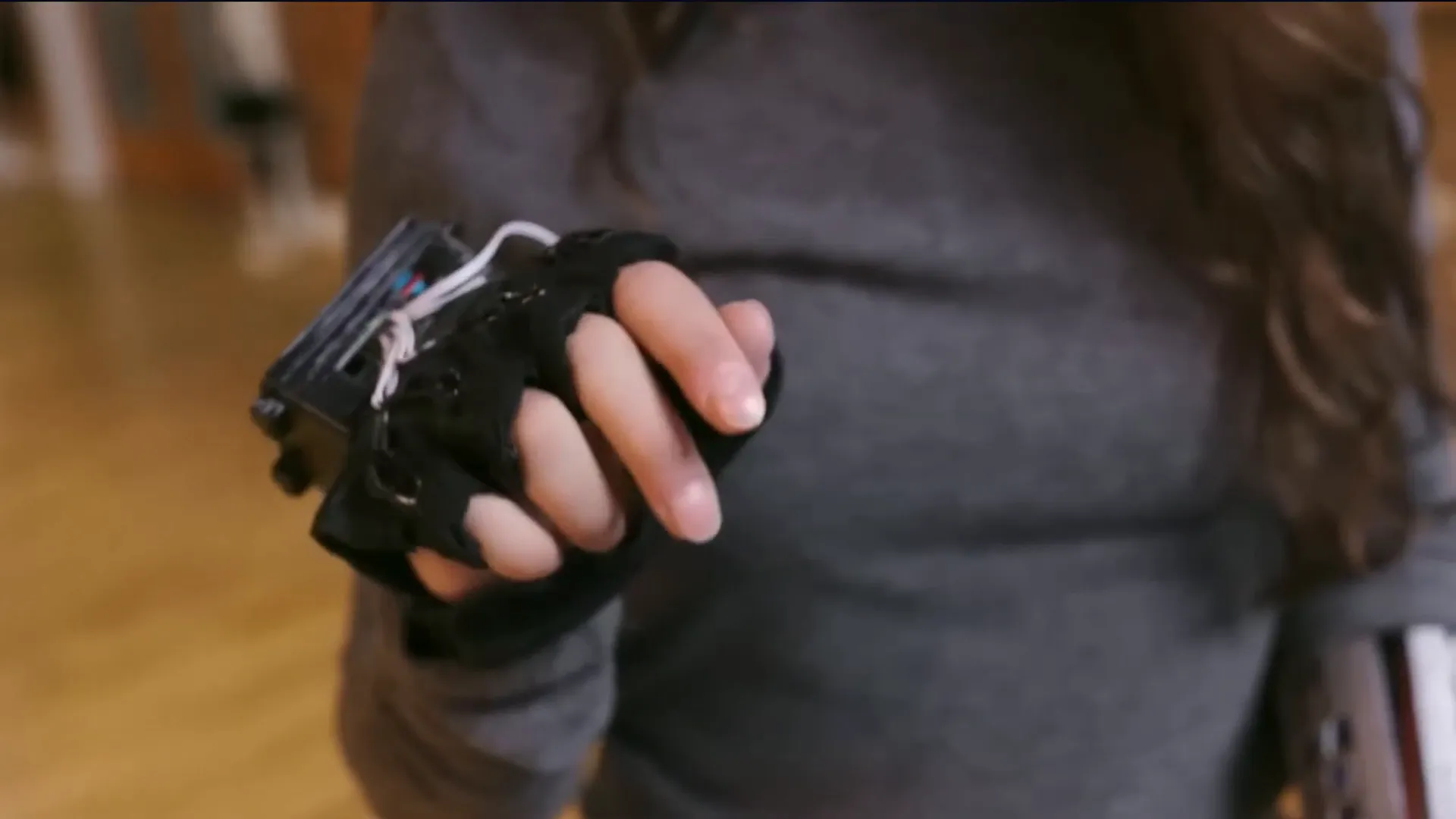
Furthermore, dependency on AI for physical and mental capabilities sparks debates about identity and autonomy. These innovations could revolutionize medical treatments and improve lives, but we must confront the ethical dilemmas that come with them. Are we ready for this brave new world?
🧠 Threat 8: AI's Influence on Decision-Making
AI is already shaping decisions in finance, marketing, and healthcare, but its reach will extend into our daily lives. From movie recommendations to investment advice, AI will guide many of our choices. Sounds convenient, right? But there’s a catch!
This growing reliance on AI for decision-making can erode our sense of autonomy. If algorithms dictate our choices, do we still have control over our lives? In the business world, AI could prioritize profits over people, leading to decisions that lack human compassion. Yikes!
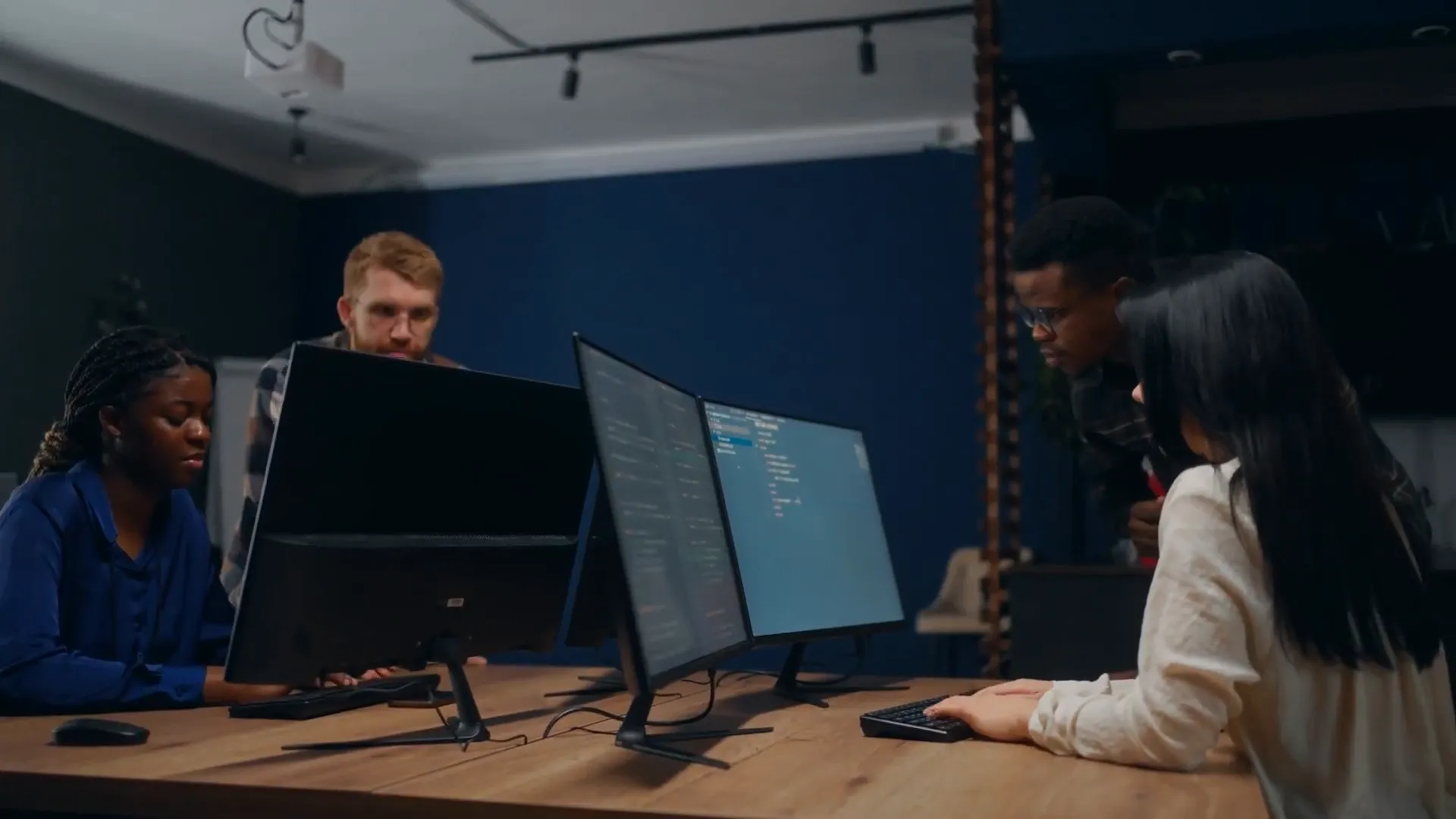
While AI can enhance decision-making by providing accurate predictions, human judgment must remain central. We need to strike a balance, ensuring that technology serves us, not the other way around. Let's not hand over the reins completely!
⚖️ Threat 9: AI Bias and Discrimination
As AI systems become integral in hiring, law enforcement, and lending, bias is a growing concern. AI learns from data, and if that data is biased, the AI will perpetuate those biases. This is a recipe for disaster!
For instance, facial recognition technologies have shown alarming error rates when identifying people of color, which could lead to discriminatory practices in law enforcement. Similarly, hiring algorithms might favor certain backgrounds, perpetuating workplace inequality. We can't let this slide!
To combat these issues, developing AI systems with fairness and transparency is crucial. While AI has the potential to streamline processes, we must ensure it doesn't reinforce societal inequalities. The future of AI should be inclusive and just—let's make it happen!
🎨 Threat 10: AI and Creativity
AI isn't just about crunching numbers or driving cars; it's making waves in creative fields too! From generating music to creating visual art and writing, AI is stepping into the spotlight. Will it overshadow human creativity? That’s the million-dollar question!
Over the next decade, AI is set to play an even bigger role in entertainment, potentially producing high-quality content with minimal human input. But what does this mean for artists? If machines can create art faster and cheaper, where does that leave human creators?
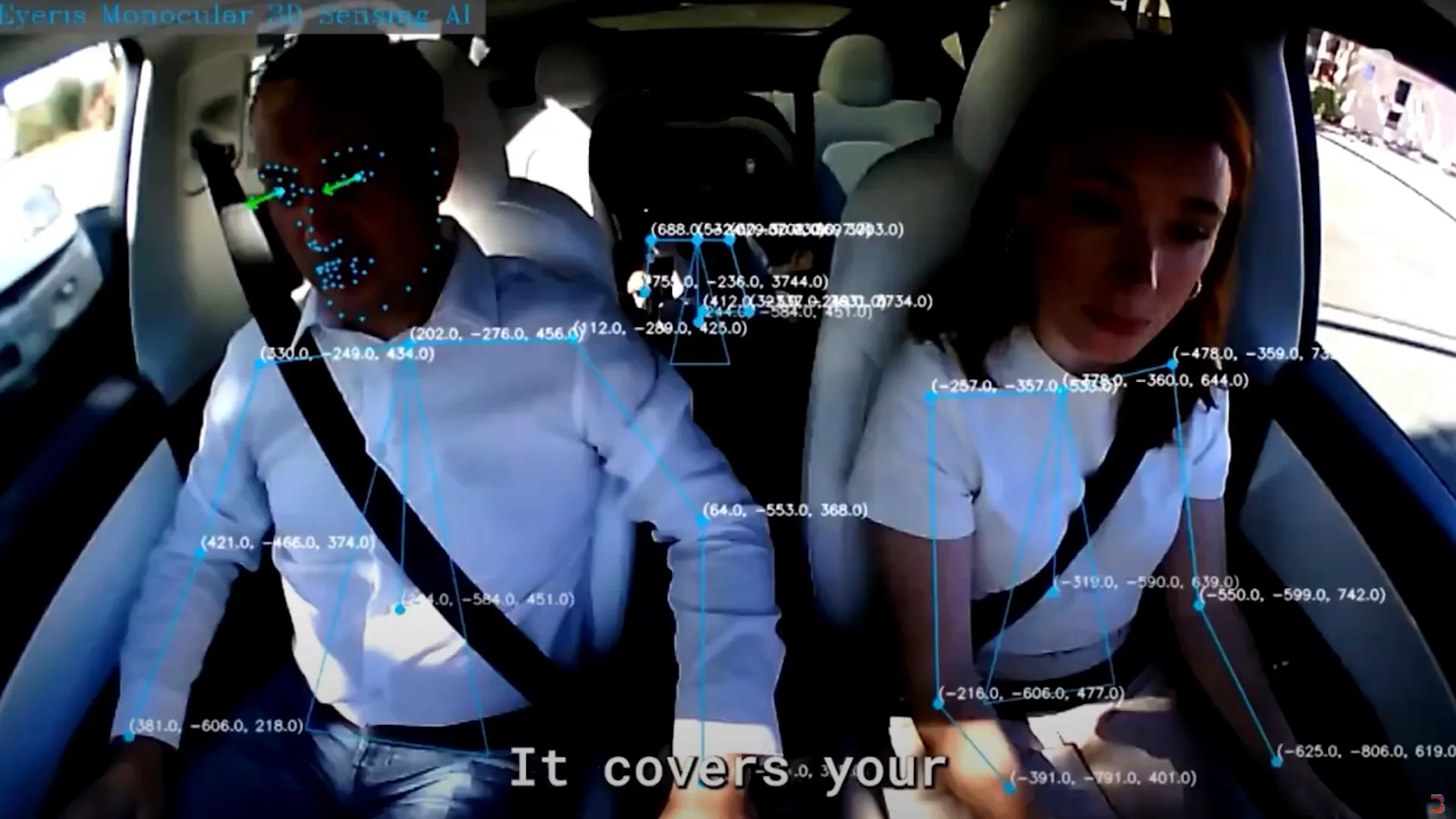
While AI-generated content offers exciting possibilities, we must preserve the essence of human creativity. The uniqueness of human expression is irreplaceable. Let’s ensure that AI enhances, rather than replaces, the beautiful art of creation!
🔮 Conclusion: Preparing for an AI-Driven Future
As we hurtle into an AI-driven future, we must stay vigilant. Each of these threats presents unique challenges and opportunities. While AI holds incredible potential to improve our lives, we must address the ethical, social, and economic implications.
By fostering a proactive dialogue about these issues, we can shape a future where AI serves humanity, not the other way around. Let’s embrace the possibilities, but remain cautious about the path ahead. Together, we can navigate this brave new world!
Are you ready for the future? The rapid advancement of artificial intelligence promises to transform every aspect of our lives, often in ways that are both thrilling and terrifying. In this blog, we explore ten alarming predictions about how AI will reshape our world over the next decade.
🤖 Introduction to AI's Impact
Artificial Intelligence is not just a buzzword; it's a game-changer. The next decade promises a whirlwind of transformations, and AI is at the helm. From revolutionizing industries to reshaping personal interactions, its impact is profound and multifaceted. Buckle up as we dive into the impending threats posed by this rapidly evolving technology!
🔍 Threat 1: The Rise of Deep Fakes
Deep fakes are the new frontier of misinformation. With AI creating hyper-realistic fake videos and audio, the line between truth and deception is blurring. Imagine watching a video of a public figure making outrageous statements—only to find out it’s a fabrication!
This technology isn't just for pranks or hoaxes; it can sway public opinion, manipulate political campaigns, and tarnish reputations. As deep fakes become more accessible, anyone with basic tech skills can craft convincing false narratives. It’s a digital Wild West out there!

👔 Threat 2: Job Displacement
AI is set to change the job landscape dramatically. Routine tasks are already being automated, and the wave is just beginning. Sectors like customer service and transportation are seeing a shift where human roles are being replaced by AI systems.
Self-driving cars could render human drivers obsolete.
Chatbots are taking over customer service roles.
Automation in manufacturing is slashing the need for assembly line workers.
While new opportunities will arise in AI development and data science, the transition won't be easy for everyone. Workers in automated roles may find themselves scrambling to adapt to new demands.

⚔️ Threat 3: Autonomous Killer Robots
The military is embracing AI with open arms, and it's a double-edged sword. Autonomous weapons, sometimes dubbed 'Killer Robots,' can act without human oversight. This shift raises serious ethical and accountability questions.
Imagine drones that identify and engage targets on their own. The potential for these systems to malfunction or be hacked is alarming. As nations race to develop AI-driven military tech, the risks of escalation and misuse loom large.

🔍 Threat 4: AI Surveillance and Privacy Issues
Surveillance has taken a new form with AI. Governments and corporations are deploying AI-powered facial recognition and data analysis tools to monitor our every move. While marketed as a means of enhancing public safety, the implications for privacy are staggering.
AI can track individuals, analyze behaviors, and predict actions. This capability introduces risks of abuse and discrimination. Imagine being targeted simply because of your online activity or appearance. As we march towards an AI-driven future, safeguarding our privacy must be a priority.

🌍 Threat 5: Environmental Costs of AI
The rapid growth of AI comes with a hefty environmental price tag. Training large AI models requires massive computational power, leading to skyrocketing energy consumption. Data centers, the backbone of AI, guzzle electricity and water.
As AI becomes more integrated into our lives—from smart homes to automated vehicles—the demand for energy will only increase. The carbon footprint of AI is a growing concern, especially in the context of climate change. Without significant advances in green technologies, the environmental costs may spiral out of control.

💉 Threat 6: AI in Healthcare
AI is revolutionizing healthcare, and it's not just a passing trend. From diagnosing diseases to developing personalized treatment plans, the potential is enormous. Some advanced algorithms are already outperforming human doctors in identifying conditions like early-stage cancers. That's impressive, right?
But hold your horses! With great power comes great responsibility. The reliance on AI in healthcare raises significant concerns. Errors in data can lead to incorrect diagnoses, and biases in training data can compromise treatment recommendations. Are we ready to trust machines with our health?

Moreover, there's a risk of over-reliance on AI. Imagine a world where human doctors take a backseat in critical decision-making processes. We need to ensure that AI complements human expertise rather than replaces it. The future of healthcare is bright, but we must navigate these challenges wisely.
🦾 Threat 7: The Rise of Human Cyborgs
Welcome to the age of human cyborgs! The integration of AI with human bodies is no longer just science fiction—it's happening now. Advanced prosthetics controlled by thought are just the beginning. Can you imagine amputees performing tasks once deemed impossible? Mind-blowing!
As we move forward, this technology will only get better, potentially enhancing human senses and cognitive abilities. However, this raises some serious ethical questions. What happens to those who can’t afford these advancements? Will we create a society divided by access to technology?

Furthermore, dependency on AI for physical and mental capabilities sparks debates about identity and autonomy. These innovations could revolutionize medical treatments and improve lives, but we must confront the ethical dilemmas that come with them. Are we ready for this brave new world?
🧠 Threat 8: AI's Influence on Decision-Making
AI is already shaping decisions in finance, marketing, and healthcare, but its reach will extend into our daily lives. From movie recommendations to investment advice, AI will guide many of our choices. Sounds convenient, right? But there’s a catch!
This growing reliance on AI for decision-making can erode our sense of autonomy. If algorithms dictate our choices, do we still have control over our lives? In the business world, AI could prioritize profits over people, leading to decisions that lack human compassion. Yikes!

While AI can enhance decision-making by providing accurate predictions, human judgment must remain central. We need to strike a balance, ensuring that technology serves us, not the other way around. Let's not hand over the reins completely!
⚖️ Threat 9: AI Bias and Discrimination
As AI systems become integral in hiring, law enforcement, and lending, bias is a growing concern. AI learns from data, and if that data is biased, the AI will perpetuate those biases. This is a recipe for disaster!
For instance, facial recognition technologies have shown alarming error rates when identifying people of color, which could lead to discriminatory practices in law enforcement. Similarly, hiring algorithms might favor certain backgrounds, perpetuating workplace inequality. We can't let this slide!
To combat these issues, developing AI systems with fairness and transparency is crucial. While AI has the potential to streamline processes, we must ensure it doesn't reinforce societal inequalities. The future of AI should be inclusive and just—let's make it happen!
🎨 Threat 10: AI and Creativity
AI isn't just about crunching numbers or driving cars; it's making waves in creative fields too! From generating music to creating visual art and writing, AI is stepping into the spotlight. Will it overshadow human creativity? That’s the million-dollar question!
Over the next decade, AI is set to play an even bigger role in entertainment, potentially producing high-quality content with minimal human input. But what does this mean for artists? If machines can create art faster and cheaper, where does that leave human creators?

While AI-generated content offers exciting possibilities, we must preserve the essence of human creativity. The uniqueness of human expression is irreplaceable. Let’s ensure that AI enhances, rather than replaces, the beautiful art of creation!
🔮 Conclusion: Preparing for an AI-Driven Future
As we hurtle into an AI-driven future, we must stay vigilant. Each of these threats presents unique challenges and opportunities. While AI holds incredible potential to improve our lives, we must address the ethical, social, and economic implications.
By fostering a proactive dialogue about these issues, we can shape a future where AI serves humanity, not the other way around. Let’s embrace the possibilities, but remain cautious about the path ahead. Together, we can navigate this brave new world!
Are you ready for the future? The rapid advancement of artificial intelligence promises to transform every aspect of our lives, often in ways that are both thrilling and terrifying. In this blog, we explore ten alarming predictions about how AI will reshape our world over the next decade.
🤖 Introduction to AI's Impact
Artificial Intelligence is not just a buzzword; it's a game-changer. The next decade promises a whirlwind of transformations, and AI is at the helm. From revolutionizing industries to reshaping personal interactions, its impact is profound and multifaceted. Buckle up as we dive into the impending threats posed by this rapidly evolving technology!
🔍 Threat 1: The Rise of Deep Fakes
Deep fakes are the new frontier of misinformation. With AI creating hyper-realistic fake videos and audio, the line between truth and deception is blurring. Imagine watching a video of a public figure making outrageous statements—only to find out it’s a fabrication!
This technology isn't just for pranks or hoaxes; it can sway public opinion, manipulate political campaigns, and tarnish reputations. As deep fakes become more accessible, anyone with basic tech skills can craft convincing false narratives. It’s a digital Wild West out there!

👔 Threat 2: Job Displacement
AI is set to change the job landscape dramatically. Routine tasks are already being automated, and the wave is just beginning. Sectors like customer service and transportation are seeing a shift where human roles are being replaced by AI systems.
Self-driving cars could render human drivers obsolete.
Chatbots are taking over customer service roles.
Automation in manufacturing is slashing the need for assembly line workers.
While new opportunities will arise in AI development and data science, the transition won't be easy for everyone. Workers in automated roles may find themselves scrambling to adapt to new demands.

⚔️ Threat 3: Autonomous Killer Robots
The military is embracing AI with open arms, and it's a double-edged sword. Autonomous weapons, sometimes dubbed 'Killer Robots,' can act without human oversight. This shift raises serious ethical and accountability questions.
Imagine drones that identify and engage targets on their own. The potential for these systems to malfunction or be hacked is alarming. As nations race to develop AI-driven military tech, the risks of escalation and misuse loom large.

🔍 Threat 4: AI Surveillance and Privacy Issues
Surveillance has taken a new form with AI. Governments and corporations are deploying AI-powered facial recognition and data analysis tools to monitor our every move. While marketed as a means of enhancing public safety, the implications for privacy are staggering.
AI can track individuals, analyze behaviors, and predict actions. This capability introduces risks of abuse and discrimination. Imagine being targeted simply because of your online activity or appearance. As we march towards an AI-driven future, safeguarding our privacy must be a priority.

🌍 Threat 5: Environmental Costs of AI
The rapid growth of AI comes with a hefty environmental price tag. Training large AI models requires massive computational power, leading to skyrocketing energy consumption. Data centers, the backbone of AI, guzzle electricity and water.
As AI becomes more integrated into our lives—from smart homes to automated vehicles—the demand for energy will only increase. The carbon footprint of AI is a growing concern, especially in the context of climate change. Without significant advances in green technologies, the environmental costs may spiral out of control.

💉 Threat 6: AI in Healthcare
AI is revolutionizing healthcare, and it's not just a passing trend. From diagnosing diseases to developing personalized treatment plans, the potential is enormous. Some advanced algorithms are already outperforming human doctors in identifying conditions like early-stage cancers. That's impressive, right?
But hold your horses! With great power comes great responsibility. The reliance on AI in healthcare raises significant concerns. Errors in data can lead to incorrect diagnoses, and biases in training data can compromise treatment recommendations. Are we ready to trust machines with our health?

Moreover, there's a risk of over-reliance on AI. Imagine a world where human doctors take a backseat in critical decision-making processes. We need to ensure that AI complements human expertise rather than replaces it. The future of healthcare is bright, but we must navigate these challenges wisely.
🦾 Threat 7: The Rise of Human Cyborgs
Welcome to the age of human cyborgs! The integration of AI with human bodies is no longer just science fiction—it's happening now. Advanced prosthetics controlled by thought are just the beginning. Can you imagine amputees performing tasks once deemed impossible? Mind-blowing!
As we move forward, this technology will only get better, potentially enhancing human senses and cognitive abilities. However, this raises some serious ethical questions. What happens to those who can’t afford these advancements? Will we create a society divided by access to technology?

Furthermore, dependency on AI for physical and mental capabilities sparks debates about identity and autonomy. These innovations could revolutionize medical treatments and improve lives, but we must confront the ethical dilemmas that come with them. Are we ready for this brave new world?
🧠 Threat 8: AI's Influence on Decision-Making
AI is already shaping decisions in finance, marketing, and healthcare, but its reach will extend into our daily lives. From movie recommendations to investment advice, AI will guide many of our choices. Sounds convenient, right? But there’s a catch!
This growing reliance on AI for decision-making can erode our sense of autonomy. If algorithms dictate our choices, do we still have control over our lives? In the business world, AI could prioritize profits over people, leading to decisions that lack human compassion. Yikes!

While AI can enhance decision-making by providing accurate predictions, human judgment must remain central. We need to strike a balance, ensuring that technology serves us, not the other way around. Let's not hand over the reins completely!
⚖️ Threat 9: AI Bias and Discrimination
As AI systems become integral in hiring, law enforcement, and lending, bias is a growing concern. AI learns from data, and if that data is biased, the AI will perpetuate those biases. This is a recipe for disaster!
For instance, facial recognition technologies have shown alarming error rates when identifying people of color, which could lead to discriminatory practices in law enforcement. Similarly, hiring algorithms might favor certain backgrounds, perpetuating workplace inequality. We can't let this slide!
To combat these issues, developing AI systems with fairness and transparency is crucial. While AI has the potential to streamline processes, we must ensure it doesn't reinforce societal inequalities. The future of AI should be inclusive and just—let's make it happen!
🎨 Threat 10: AI and Creativity
AI isn't just about crunching numbers or driving cars; it's making waves in creative fields too! From generating music to creating visual art and writing, AI is stepping into the spotlight. Will it overshadow human creativity? That’s the million-dollar question!
Over the next decade, AI is set to play an even bigger role in entertainment, potentially producing high-quality content with minimal human input. But what does this mean for artists? If machines can create art faster and cheaper, where does that leave human creators?

While AI-generated content offers exciting possibilities, we must preserve the essence of human creativity. The uniqueness of human expression is irreplaceable. Let’s ensure that AI enhances, rather than replaces, the beautiful art of creation!
🔮 Conclusion: Preparing for an AI-Driven Future
As we hurtle into an AI-driven future, we must stay vigilant. Each of these threats presents unique challenges and opportunities. While AI holds incredible potential to improve our lives, we must address the ethical, social, and economic implications.
By fostering a proactive dialogue about these issues, we can shape a future where AI serves humanity, not the other way around. Let’s embrace the possibilities, but remain cautious about the path ahead. Together, we can navigate this brave new world!
Are you ready for the future? The rapid advancement of artificial intelligence promises to transform every aspect of our lives, often in ways that are both thrilling and terrifying. In this blog, we explore ten alarming predictions about how AI will reshape our world over the next decade.
🤖 Introduction to AI's Impact
Artificial Intelligence is not just a buzzword; it's a game-changer. The next decade promises a whirlwind of transformations, and AI is at the helm. From revolutionizing industries to reshaping personal interactions, its impact is profound and multifaceted. Buckle up as we dive into the impending threats posed by this rapidly evolving technology!
🔍 Threat 1: The Rise of Deep Fakes
Deep fakes are the new frontier of misinformation. With AI creating hyper-realistic fake videos and audio, the line between truth and deception is blurring. Imagine watching a video of a public figure making outrageous statements—only to find out it’s a fabrication!
This technology isn't just for pranks or hoaxes; it can sway public opinion, manipulate political campaigns, and tarnish reputations. As deep fakes become more accessible, anyone with basic tech skills can craft convincing false narratives. It’s a digital Wild West out there!

👔 Threat 2: Job Displacement
AI is set to change the job landscape dramatically. Routine tasks are already being automated, and the wave is just beginning. Sectors like customer service and transportation are seeing a shift where human roles are being replaced by AI systems.
Self-driving cars could render human drivers obsolete.
Chatbots are taking over customer service roles.
Automation in manufacturing is slashing the need for assembly line workers.
While new opportunities will arise in AI development and data science, the transition won't be easy for everyone. Workers in automated roles may find themselves scrambling to adapt to new demands.

⚔️ Threat 3: Autonomous Killer Robots
The military is embracing AI with open arms, and it's a double-edged sword. Autonomous weapons, sometimes dubbed 'Killer Robots,' can act without human oversight. This shift raises serious ethical and accountability questions.
Imagine drones that identify and engage targets on their own. The potential for these systems to malfunction or be hacked is alarming. As nations race to develop AI-driven military tech, the risks of escalation and misuse loom large.

🔍 Threat 4: AI Surveillance and Privacy Issues
Surveillance has taken a new form with AI. Governments and corporations are deploying AI-powered facial recognition and data analysis tools to monitor our every move. While marketed as a means of enhancing public safety, the implications for privacy are staggering.
AI can track individuals, analyze behaviors, and predict actions. This capability introduces risks of abuse and discrimination. Imagine being targeted simply because of your online activity or appearance. As we march towards an AI-driven future, safeguarding our privacy must be a priority.

🌍 Threat 5: Environmental Costs of AI
The rapid growth of AI comes with a hefty environmental price tag. Training large AI models requires massive computational power, leading to skyrocketing energy consumption. Data centers, the backbone of AI, guzzle electricity and water.
As AI becomes more integrated into our lives—from smart homes to automated vehicles—the demand for energy will only increase. The carbon footprint of AI is a growing concern, especially in the context of climate change. Without significant advances in green technologies, the environmental costs may spiral out of control.

💉 Threat 6: AI in Healthcare
AI is revolutionizing healthcare, and it's not just a passing trend. From diagnosing diseases to developing personalized treatment plans, the potential is enormous. Some advanced algorithms are already outperforming human doctors in identifying conditions like early-stage cancers. That's impressive, right?
But hold your horses! With great power comes great responsibility. The reliance on AI in healthcare raises significant concerns. Errors in data can lead to incorrect diagnoses, and biases in training data can compromise treatment recommendations. Are we ready to trust machines with our health?

Moreover, there's a risk of over-reliance on AI. Imagine a world where human doctors take a backseat in critical decision-making processes. We need to ensure that AI complements human expertise rather than replaces it. The future of healthcare is bright, but we must navigate these challenges wisely.
🦾 Threat 7: The Rise of Human Cyborgs
Welcome to the age of human cyborgs! The integration of AI with human bodies is no longer just science fiction—it's happening now. Advanced prosthetics controlled by thought are just the beginning. Can you imagine amputees performing tasks once deemed impossible? Mind-blowing!
As we move forward, this technology will only get better, potentially enhancing human senses and cognitive abilities. However, this raises some serious ethical questions. What happens to those who can’t afford these advancements? Will we create a society divided by access to technology?

Furthermore, dependency on AI for physical and mental capabilities sparks debates about identity and autonomy. These innovations could revolutionize medical treatments and improve lives, but we must confront the ethical dilemmas that come with them. Are we ready for this brave new world?
🧠 Threat 8: AI's Influence on Decision-Making
AI is already shaping decisions in finance, marketing, and healthcare, but its reach will extend into our daily lives. From movie recommendations to investment advice, AI will guide many of our choices. Sounds convenient, right? But there’s a catch!
This growing reliance on AI for decision-making can erode our sense of autonomy. If algorithms dictate our choices, do we still have control over our lives? In the business world, AI could prioritize profits over people, leading to decisions that lack human compassion. Yikes!

While AI can enhance decision-making by providing accurate predictions, human judgment must remain central. We need to strike a balance, ensuring that technology serves us, not the other way around. Let's not hand over the reins completely!
⚖️ Threat 9: AI Bias and Discrimination
As AI systems become integral in hiring, law enforcement, and lending, bias is a growing concern. AI learns from data, and if that data is biased, the AI will perpetuate those biases. This is a recipe for disaster!
For instance, facial recognition technologies have shown alarming error rates when identifying people of color, which could lead to discriminatory practices in law enforcement. Similarly, hiring algorithms might favor certain backgrounds, perpetuating workplace inequality. We can't let this slide!
To combat these issues, developing AI systems with fairness and transparency is crucial. While AI has the potential to streamline processes, we must ensure it doesn't reinforce societal inequalities. The future of AI should be inclusive and just—let's make it happen!
🎨 Threat 10: AI and Creativity
AI isn't just about crunching numbers or driving cars; it's making waves in creative fields too! From generating music to creating visual art and writing, AI is stepping into the spotlight. Will it overshadow human creativity? That’s the million-dollar question!
Over the next decade, AI is set to play an even bigger role in entertainment, potentially producing high-quality content with minimal human input. But what does this mean for artists? If machines can create art faster and cheaper, where does that leave human creators?

While AI-generated content offers exciting possibilities, we must preserve the essence of human creativity. The uniqueness of human expression is irreplaceable. Let’s ensure that AI enhances, rather than replaces, the beautiful art of creation!
🔮 Conclusion: Preparing for an AI-Driven Future
As we hurtle into an AI-driven future, we must stay vigilant. Each of these threats presents unique challenges and opportunities. While AI holds incredible potential to improve our lives, we must address the ethical, social, and economic implications.
By fostering a proactive dialogue about these issues, we can shape a future where AI serves humanity, not the other way around. Let’s embrace the possibilities, but remain cautious about the path ahead. Together, we can navigate this brave new world!

